Pianist and composer Earl MacDonald recently released a very special album of original music entitled "Mirror of the Mind". I've been taking on-line composition lessons with Earl lately and his insight into music and the compositional/improvisational process is pretty deep. MacDonald is a professor at University of Connecticut and at one time served as musical director with Maynard Ferguson's Big Bop Nouveau. He's also a Canadian (originally from Winnipeg) and is a graduate of McGill University (as am I) so I feel somewhat of a kinship with him even though we are relatively separated by space and time!
You can find out more about Earl's music at his website www.earlmacdonald.com and through his great blog www.everupandonward.blogspot.ca
Here's a great sample of Earl's unique music:
Earl was kind enough to take some time out of his busy schedule to answer a few questions about his career and music:
1) What can you tell us about your musical background?
As a kid, my parents enrolled me in group organ lessons, through the local Yamaha Electone dealership. They eventually discovered that I wasn’t reading the music, but was playing by ear. Maybe that was a sign of things to come. I played organ all the way through to high school when I landed my dream job (at the time) of playing for the Winnipeg Jets hockey games. In high school, in addition to starting classical piano and music theory lessons, I joined my school’s jazz band, playing the Fender Rhodes electric piano. “The jazz bug” bit me hard and didn’t let go. I went on to study jazz at McGill University in Montreal and later earned a Master’s degree in Jazz Studies at Rutgers in New Jersey.
How did you learn to play jazz piano?
I was never afraid to improvise, like I see in some kids. I’m not sure why. In high school I found some books by Dan Haerle and Frank Mantooth, and worked through them on my own. Before recording a university audition tape, I had one lesson with Winnipeg pianist, Ron Paley, where he wrote out some chord voicings and discussed scale options for improvisation. He wouldn’t allow me to pay him. At McGill I quickly learned I was at the bottom of the heap compared to the other jazz piano students. So, I “rolled up my sleeves” and got to work. I took lessons with Fred Henke, Luc Beaugrand and André White. It was Luc who taught me how to practice in a disciplined manner. He set me on the path of transcribing and practicing for up to eight hours a day, which I did for many years.
2) Who are your musical influences and why? Who are your favorite pianists?
My influences and listening preferences change regularly. If I was asked this question twenty years ago, I would have listed all the bop and hard bop pianists --- Bud Powell, Barry Harris, Sonny Clark, Wynton Kelly, Cedar Walton, Tommy Flanagan, etc. That was my world. Today I rarely listen to those albums. I almost avoid them.
I can’t imagine ever growing tired of Fred Hersch and Herbie Hancock. If pressed, I’d say they are my two favorites. I admire Geoff Keezer’s depth and facility. Luis Perdomo and Frank Kimbrough impress me.
These days, I am listening to contemporary classical composers for wind ensemble and orchestra. Joseph Schwantner and Michael Torke have captured my interest. I like their musical ideas and how their pieces unfold.
I still have some holes in my knowledge of 20th century classical music. I frequent UCONN’s music library and often leave with stacks of CDs. Alex Ross’ book, “The Rest Is Noise” has been helpful in identifying important contemporary classical pieces to hear.
3) Name your top 10 favorite albums and how they have influenced you:
1. Fred Hersch – Leaves of Grass.
This is probably my favorite of Fred’s records, but I could have listed any of them. There is no finer pianist. This album is the perfect cross between classical chamber music and jazz. I love the idea of adding a musical dimension to Walt Whitman’s poetry. The instrumentation is imaginative and the music touches me at my core.
2. Vince Mendoza & the London Symphony Orchestra – Epiphany.
Orchestral jazz doesn’t get any better than this. I aspire to write music on this level.
3. Michael Cain/Ralph Alessi/Peter Epstein – Circa.
This album demonstrates Michael Cain’s pure genius. Unfortunately his other albums haven’t impressed me on the same level.
4. Rob McConnell and the Boss Brass – Two Originals.
This CD is actually 2 albums released together: Brass My Soul & Tribute. Playing this disc takes me to my happy place; refraining from dancing or snapping my fingers becomes impossible. I can’t think of an arrangement that swings harder than “Blue Daniel”. Pure joy --- and from that grumpy old bastard. I love the trombone solis on this track, and then finally going to a waltz at the end is so incredibly effective. I have such great memories of my times with Rob and wish he were still around.
5. The Vanguard Jazz Orchestra – Up From the Skies, the music of Jim McNeely.
Despite having an intellectual appeal, the music swings and feels great. When I hear the soloists in this band, it’s like visiting with old friends. Played by this roster, Jim’s stellar arrangements are like a piece of heaven to me. Music with personality.
6. Jim McNeely/Swiss Jazz Orchestra – Paul Klee.
This is Jim’s writing at its best. What an imagination and command of orchestration! Again, I am drawn to projects that effectively fuse seemingly disparate artistic mediums.
7. Maria Schneider Jazz Orchestra – Evanescence.
When I heard this band at Visiones (jazz club) in the 1990s, it changed my life. At that time I equated big band with Sammy Nestico, and had lost all interest in the idiom. I couldn’t believe the sounds I heard and the emotional depth expressed! All of her music is great, but this will always be a special album for me.
8. Mel Lewis and the Jazz Orchestra – Bob Brookmeyer Composer and Arranger.
In many ways, I see Brookmeyer as responsible for the current direction of modern big band writing. “Make Me Smile and Other New Works by Bob Brookmeyer” is the other essential, seminal album that got the ball rolling for compositional experimentation.
9. Jerry Bergonzi – Standard Gonz
When I hear Jerry Bergonzi, I always feel inspired to practice the piano. For years it was a dream of mine to play with him, and I am glad this has happened numerous times. This album opened my imagination to the world of reharmonization. Also, Adam Nussbaum has such a great time feel, which reminds me of Elvin Jones.
10. Miles Davis – The Complete Concert 1964. My Funny Valentine and Four & More.
This band and this music are pure magic. Miles, Herbie, Tony, Ron and George. What else can I say?
4) What sort of things are you practicing on the piano and developing as a composer/arranger these days?
I wear a lot of hats, which requires considerable juggling. I have accepted that I can’t do it all at the same time. This summer I practiced the piano A LOT. I learned and reviewed tunes, did technical exercises and practiced Charlie Banacos’ Super Bop concept from the correspondence lessons I took with him prior to his passing.
This fall and winter I am writing music, which means I’m not practicing the piano. When an important gig comes up, I’ll do some technique for a few days prior, to dust off the cobwebs, but that’s all until my season of writing has passed.
I currently have three big band pieces on the go, in various stages of completion. In each I am trying to challenge myself to try new things and not to write in a tried-and-true formulaic manner. Lately I start with a question ---- How could I construct a free/avant-garde piece with 17 players and not have it sound like a middle school band room? How can I stretch the salsa idiom? Can I base an extended piece solely on the development of one simple motif? What would happen if… etc. I brainstorm on paper and usually have a general idea of the territory I will explore, how the piece might develop, or at least a sequential approach, before writing down actual pitches.
Occasionally I sit down with my journal while listening to music, and take notes of things that interest me. I’m trying to make this a more regular occurrence. Sometimes I’ll even transcribe and analyze an idea. Out of their original context, these little nuggets often spark future pieces.
Playing drum set is my hobby, when time permits. When I get burned out with composing or bored with the piano, practicing the drums for a couple of weeks usually recharges my batteries and gets me thinking about music in different ways.
5) What interesting projects do you have on the go at the moment? (gigs, recordings, etc.)
I head into New York City on most Tuesdays, to participate in the BMI Jazz Composers’ Workshop. I like being able to discuss the week’s compositional problems and musical dilemmas with likeminded people. It has been fun to intentionally explore some new musical territory and stretch myself. Hearing my drafts read by a professional band every second month is another perk. This deadline keeps me focused and on task.
In January, my 10tet charts will be played at the Jazz Educators Network conference in Dallas, Texas by an all-star group of jazz professors from across North America (some of the best in the business!).
I’m scheduled to play with the Winnipeg Jazz Orchestra in March. The concert is billed as 3 generations of jazz piano, and will also feature my first jazz teacher, Ron Paley and my former student, Will Bonness.
I have agreed to write about 40 minutes of music for the University of Connecticut’s Symphony Orchestra. The concert is in May and the music is due in March. Wish me luck.
I try to blog occasionally about my compositional explorations, among other things at http://everupandonward.blogspot.com . Sometimes it helps to put my thoughts in writing; other times it has proven to be counter-productive, so I’m not currently forcing myself to blog with consistency.
6) In addition to being a great pianist, you are also a world-class jazz composer. How has your experience as a composer/arranger influenced your piano playing? How has your piano playing influenced your writing?
For a while, there was a huge disconnect between my playing and writing. I was a bebop pianist who was comfortable playing bop tunes and standards. At the same time I was delving into slash-chords and other contemporary harmonic devices in my tune writing. As I prepared to record my first CD, “Schroeder’s Tantrum” (1996), I really had to wrestle with how to solo on tunes like “Fading Flowers” and “Wanton Spirit”. (It helped that Kenny Barron had already recorded the latter, and I even transcribed his solo.) So, my composing forced me to address my playing and bring it into the present, as opposed to merely mimicking jazz in the 1950s.
A few years ago Jim McNeely was commissioned to write a piano concerto for me to play. It utilized augmented scale harmony, which was a first for me. After spending considerable time practicing this concept, composing my own piece with this material seemed like a logical next step. “Measuring Up” resulted. I suppose this is an example of how my piano playing experiences have shaped my composing.
Sometimes I will write a tune to force myself to deal with a personal musical inadequacy. I’ve written tunes in 5/4 and 7/4 so that I’ll have to practice them, both at home and on gigs.
7) Years ago you had the opportunity to tour with the Maynard Ferguson band. What did you learn from this experience?
I learned the importance of showmanship and pacing. Sets were carefully planned, always beginning with three exciting “attention grabbers” before getting introspective. There was minimal wasted time between tunes.
I also learned about creating drama within an arrangement. Maynard pulled me aside after hearing my first attempts at writing for the band, and told me my writing lacked “Maynard moments”. They didn’t naturally build to a place where he could easily soar above the band, thereby making the crowd go wild. It’s important to remember for whom you are writing, and also to tell a story that unfolds properly, and climaxes at just the right spot.
8) What musical and career advice would you give to a young person who is considering a career as a Jazz artist in this day and age?
I hate to be a pessimist, but I think a life entirely devoted to jazz is no longer realistic. The type and number of gigs I did twenty years ago don’t exist now. I no longer see jazz as a viable career path, unless you are one of the exceptional few. There is a glut of talented young players, and the opportunities are minimal.
Film scoring and writing music for television, digital media and video games have potential to be lucrative. If I were starting now, I might pursue this path.
Don’t get me wrong. I see art music and self-expression as being vitally important, but one needs to be strategic these days, to survive and support a family. In saying this, perhaps I have officially become an old man. When I was younger, I refused to have a contingency plan and it worked out for me, more or less. In some ways I now think Charles Ives had the right idea; have a non-musical career so that your music won’t be compromised.
9) Your most recent recording project "Mirror of the Mind" brings together some different influences and sounds in a very unique instrumental combination. Please tell us all about this exciting project, the music and your compositions.
The band I assembled consists of cello, saxophone, piano and percussion. I named the group “COW”, which is an acronym for the Creative Opportunity Workshop. The music draws upon elements from a wide variety of influences, including classical, pop, jazz and various ethnic styles. At first, this band was nothing more than a vehicle for (crazy) musical experiments and games. But eventually, as my love for the expressive qualities of the cello grew, and I found the right combination of players, I wrote more accessible pieces, so as not to marginalize our listening audiences. I’m really happy with the outcome.
The album includes two cover songs, the Beatles’ “Blackbird” and Henry Mancini’s “I Never Told You”. The other 10 tracks are my compositions, which are all highly contrasting --- ranging from emotionally charged ballads to epic, through-composed pieces infused with funky rhythms. I shared insights into each piece on my web site, www.earlmacdonald.com , so I’ll avoid being redundant here by going into great detail.
Experimenting, in an attempt to advance my art form, has become increasingly important for me. I don’t think the world needs another hard bop jazz album with a trumpet and tenor sax frontline. That music is great, but it is dated and reflects a different era and culture than my own. I want my music to be an honest reflection of my current musical and non-musical interests and worldview. Despite my artistic goals, I’m pleased this recording doesn’t sound like music with an agenda --- but maybe that’s for others to judge.
You can purchase a copy of Earl MacDonald's "Mirror of the Mind" at:
http://www.cdbaby.com/cd/earlmacdonald3
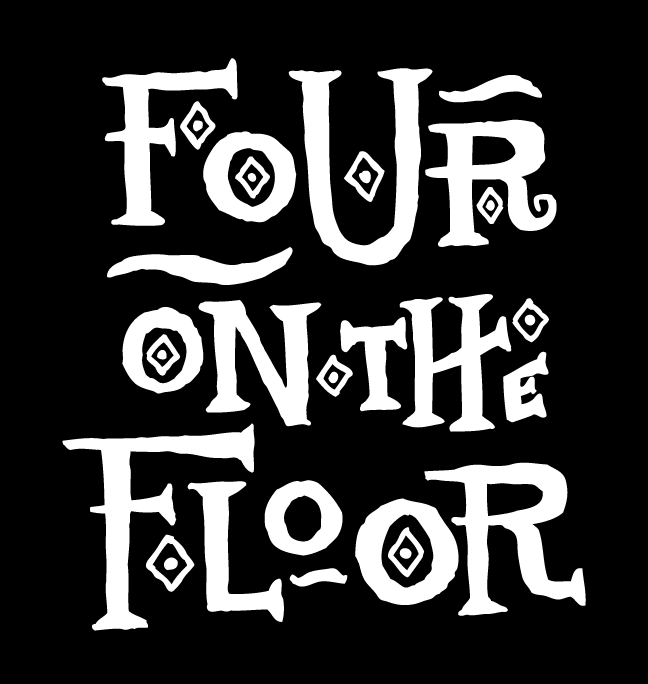




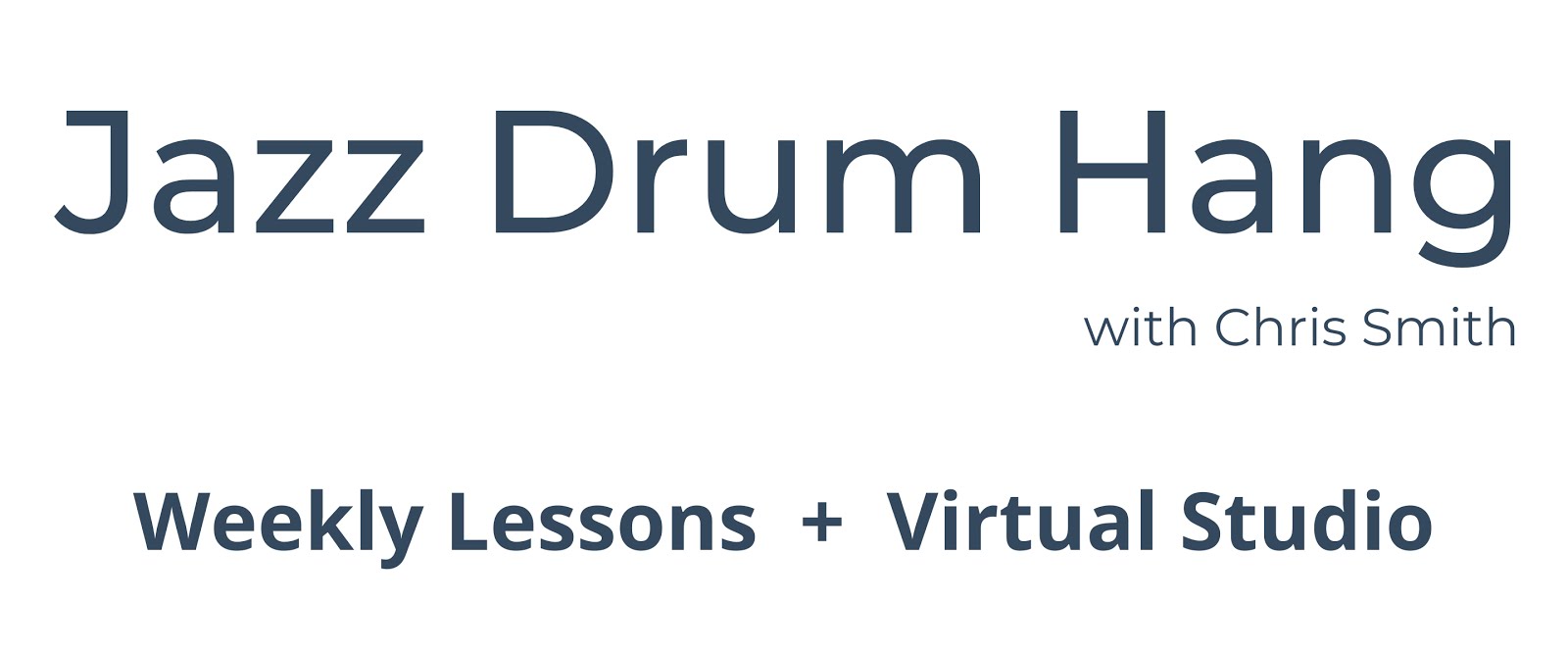
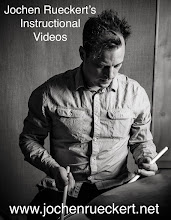
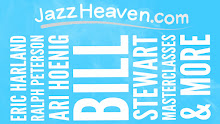







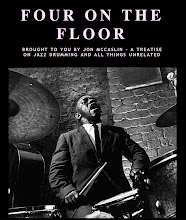



No comments:
Post a Comment